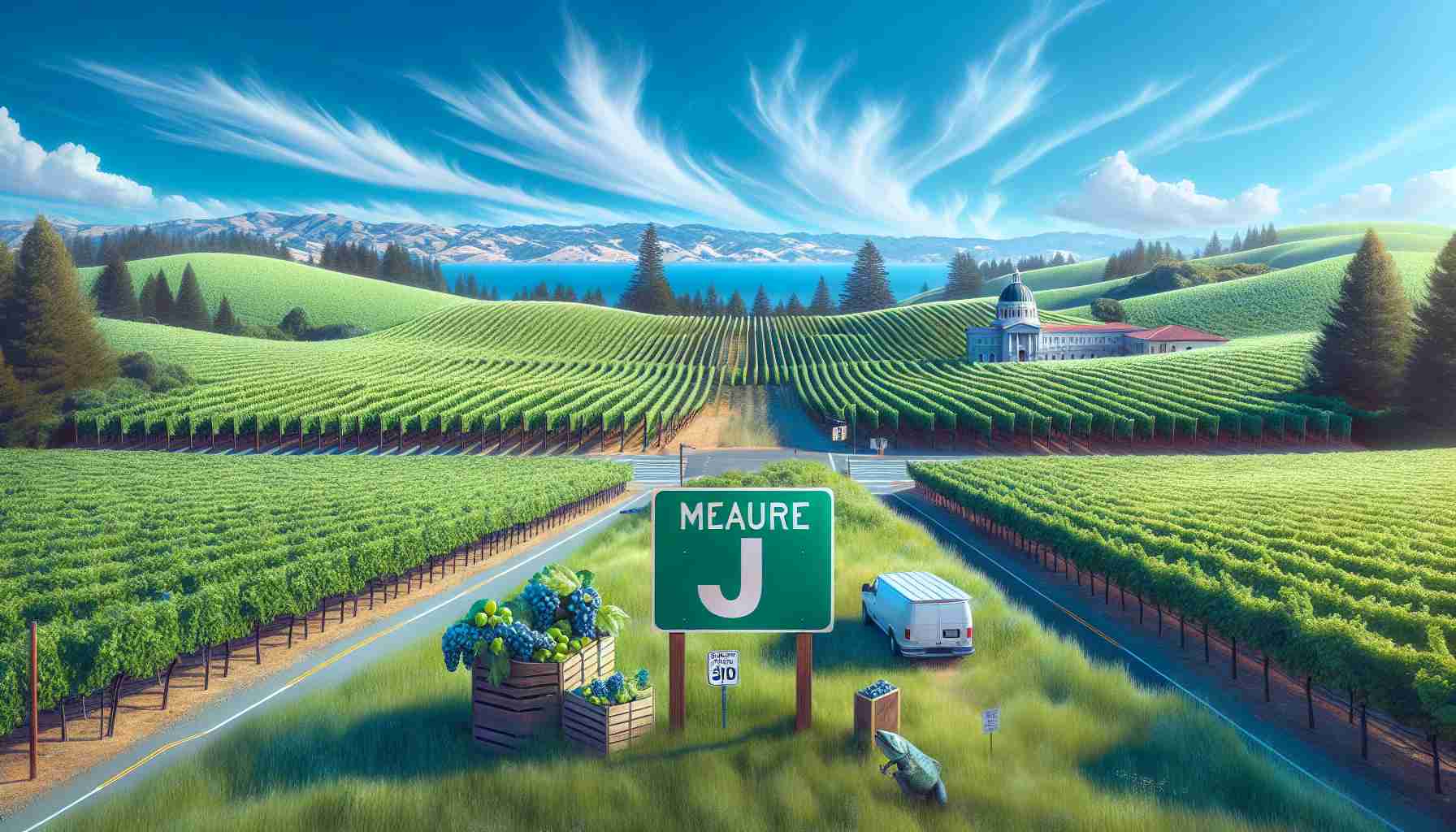In Petaluma, California, a significant discussion is brewing regarding the future of agriculture in Sonoma County. On October 16, 2024, Mike Weber was seen surveying the expansive chicken coop at the Weber Family Farm, showcasing typical farm activities. However, the agricultural community is now facing a crucial challenge with the introduction of Measure J, which proposes a radical shift in farming practices.
This ballot measure aims to eliminate large-scale poultry and dairy operations across the county within three years. If passed, this initiative could lead to the closure of approximately 60 farms, jeopardizing the livelihoods of countless farmers and workers associated with these businesses. The implications of such a measure extend beyond just economic concerns; it marks a clash between regional traditions in farming and rising environmental activism.
Proponents of Measure J advocate for sustainable agricultural practices and a reduction in the environmental footprint of large farms. They believe this law could set a precedent, encouraging similar initiatives throughout California and potentially across the United States. As the date for voting approaches, stakeholders on both sides are ramping up their efforts to sway public opinion.
The outcome of Measure J will play a pivotal role in shaping the landscape of farming in Sonoma County, influencing both policy and community values in the ongoing dialogue about food production and environmental stewardship.
Tips, Life Hacks, and Interesting Facts on Sustainable Agriculture
As the debate intensifies over Measure J in Sonoma County, many individuals seek to understand sustainable agriculture better and engage with unique practices that promote environmental stewardship. Here are some tips, life hacks, and interesting facts that can enrich your knowledge about sustainable farming and its impacts.
1. Start Your Own Urban Garden
If you have limited space, consider starting an urban garden. Even a few pots on your balcony can produce herbs and vegetables. This not only reduces your carbon footprint but also encourages local biodiversity.
2. Composting is Key
Composting helps recycle organic matter, reducing waste and creating nutrient-rich soil for your plants. You can compost kitchen scraps and yard waste, which helps soil health and minimizes landfill contributions.
3. Connect with Local Farmers
Consider joining a community-supported agriculture (CSA) program. This connection not only supports local agriculture but also gives you access to fresh, seasonal produce directly from the farm. It creates a bond with the source of your food.
4. Embrace the Power of Permaculture
Permaculture is a sustainable farming approach that focuses on designing agricultural landscapes that are self-sufficient and harmonious with nature. Research local workshops or online resources to learn how to apply permaculture principles in your garden or community.
5. Be Mindful of Water Usage
Water conservation is critical in agriculture. Employing methods such as drip irrigation or rainwater harvesting can significantly reduce water use. Being conscientious about irrigation can make a big difference in sustainable farming practices.
6. Know the Environmental Impact of Your Food Choices
Understanding where your food comes from can empower your choices. For instance, meat and dairy generally have a higher environmental footprint than plant-based foods. Making more sustainable choices when shopping can help the environment.
7. Stay Informed and Engaged
Follow local agricultural developments and policy changes. Engagement can come from attending local meetings or forums discussing measures like Measure J. Being informed empowers you to advocate for sustainable practices and engage with your community.
Interesting Fact: Did you know that sustainable farming can enhance biodiversity? By rotating crops and incorporating diverse planting strategies, farms maintain healthier ecosystems and improve soil health.
For more insights on sustainability and agriculture, visit Sustainable Sonoma County for resources and information related to local food systems and sustainable practices.
